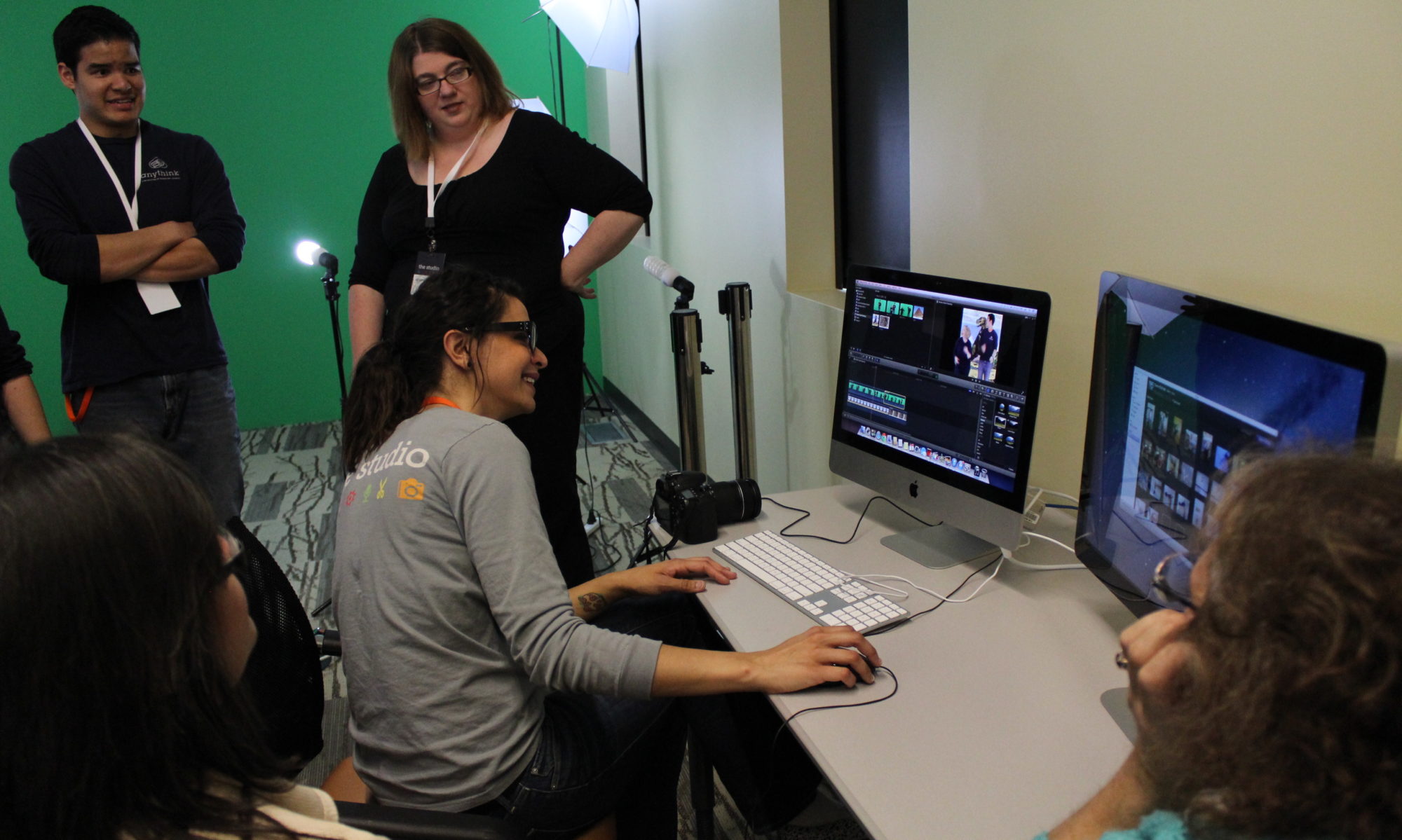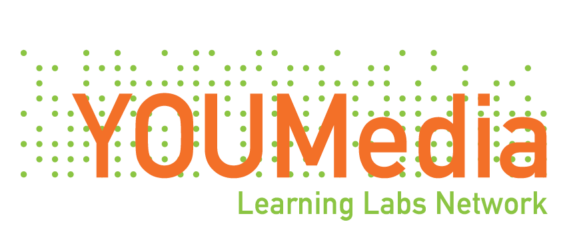By Goda Trakumaite of Maker Jawn @ Free Library of Philadelphia
Evolving programming needs demanded that the Free Library of Phialdelphia’s Maker Jawn Mentors take on administrative duties on top of their duties as mentors. How could we work to identify and equitably distribute tasks among ourselves in a way that would support our program and our individual professional growth?
The staff structure of Maker Jawn has shifted over time based on available funds and grant project requirements. After the first 3 years of its existence, we were managed by a part-time Project Coordinator (~30 hours/week) and staffed by between 6-10 part-time Maker Mentors (~20 hours/week). Although the original Maker Mentor job description included only tasks directly associated with developing, facilitating and documenting programming at library sites, many Mentors had taken on various administrative duties alongside their Mentor roles. This was due largely to the fact that the scope of Maker Jawn exceeded the time that the Project Coordinator was allotted, though these fractured responsibilities had made accountability difficult and staff turnover chaotic.
To address these issues, we held a group brainstorm process during which we discussed everything that needed to be done for Maker Jawn to function smoothly and generated a list of tasks this would require. The tasks were broken down into categories which the group as a whole refined further. The categories included: Human Resources, Office Management, Program Development and Badging, Outreach and Communication, and Event Coordination. Each category included a specific list of tasks. Once the categories and tasks were finalized, we all did reflective writing about what we felt most drawn to and which areas we had prior experience in. One Mentor processed all these reflections, and created a recommended staff breakdown which was then approved by the Project Coordinator. Each Mentor was assigned specific categories of tasks and provided support and training by the longer-term Mentors who had experience doing them. Open conversations around accountability and the importance of maintaining boundaries around work in part-time positions were had at staff meetings.
This process has led to a clearer division of labor at Maker Jawn which ensures that important tasks get accomplished and projects move forward and that Mentors know who to go to with specific questions, needs or issues. The transparency of the task-assigning process has built trust and a strong commitment to collaboration among staff. Assigning tasks based on Mentors’ specific skills and interests has allowed some extent of learning and growth within our chosen areas. Each Mentor’s concrete job description also ensures that no tasks or duties get forgotten when a staff member leaves. In these situations, we discuss who can temporarily take on extra tasks until a new Mentor, ideally with a skillset matching those tasks, can be hired.
While there have been many positive outcomes for both program functionality and staff morale and development through this task definition and division process, a few challenges remain. Although the staff structure has shifted in the sense that each Mentor has a clearer understanding of what they are responsible for, the actual positions of the Mentor staff within the institution have not changed. Most Mentors hold “Temporary Part-time Seasonal” positions which offer no opportunity for growth, no benefits and no consistent job security. This means that although many Mentors are taking on complex administrative roles, these roles are not recognized or appropriately compensated within the structure of the library system. Changing this is difficult within the library and the challenge is compounded by the fact that the mentors are hired for skillsets that are typically not compatible with a Library Science background, which is traditionally needed to advance professionally within the institution. This lack of opportunity for growth contributes to frequent staff turnover, and although the task breakdown has led to smoother transitions, having more consistent staff would positively affect Maker Jawn as a whole.
Related Resource:


